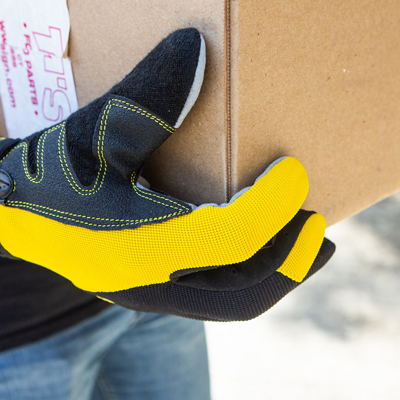In high-performance mechanical environments such as mechanical repairs and automotive modifications, mechanic gloves are indispensable. A great pair of mechanic gloves can serve as a barrier protecting your hands from external hazards, while also acting as your “second skin,” allowing for dexterous operation and seamless hand movement.
Of course, there are always popular glove models on the market, but they may not necessarily be the right fit for you. Every pair of mechanic gloves comes with its own unique features and capabilities, making the process of selecting the perfect pair an essential task. Don’t worry—we’ve compiled the ultimate guide to the best mechanic gloves of 2025! This guide will give you a solid understanding of mechanic gloves, making it easier for you to choose the best option. Let’s get started!
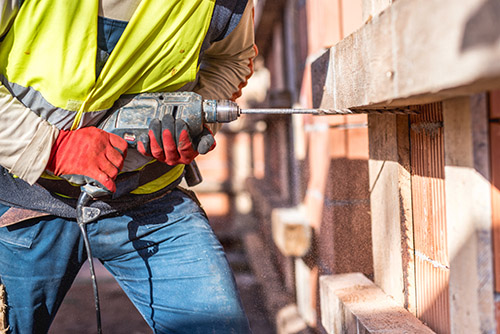
Why Use Mechanic Gloves?
Imagine this: you’re working in an environment filled with machines, where the risk of cuts, punctures, and tears poses a serious threat to your hands. Wouldn’t that make you uneasy?
Hazards are everywhere, and if your hands get injured unexpectedly, you may not be able to continue working. Without the proper hand protection, you could face unfortunate consequences.
Mechanic gloves not only provide crucial protection against potential dangers but also reduce wrist strain, allowing for better hand mobility and minimizing the risk of hand injuries.
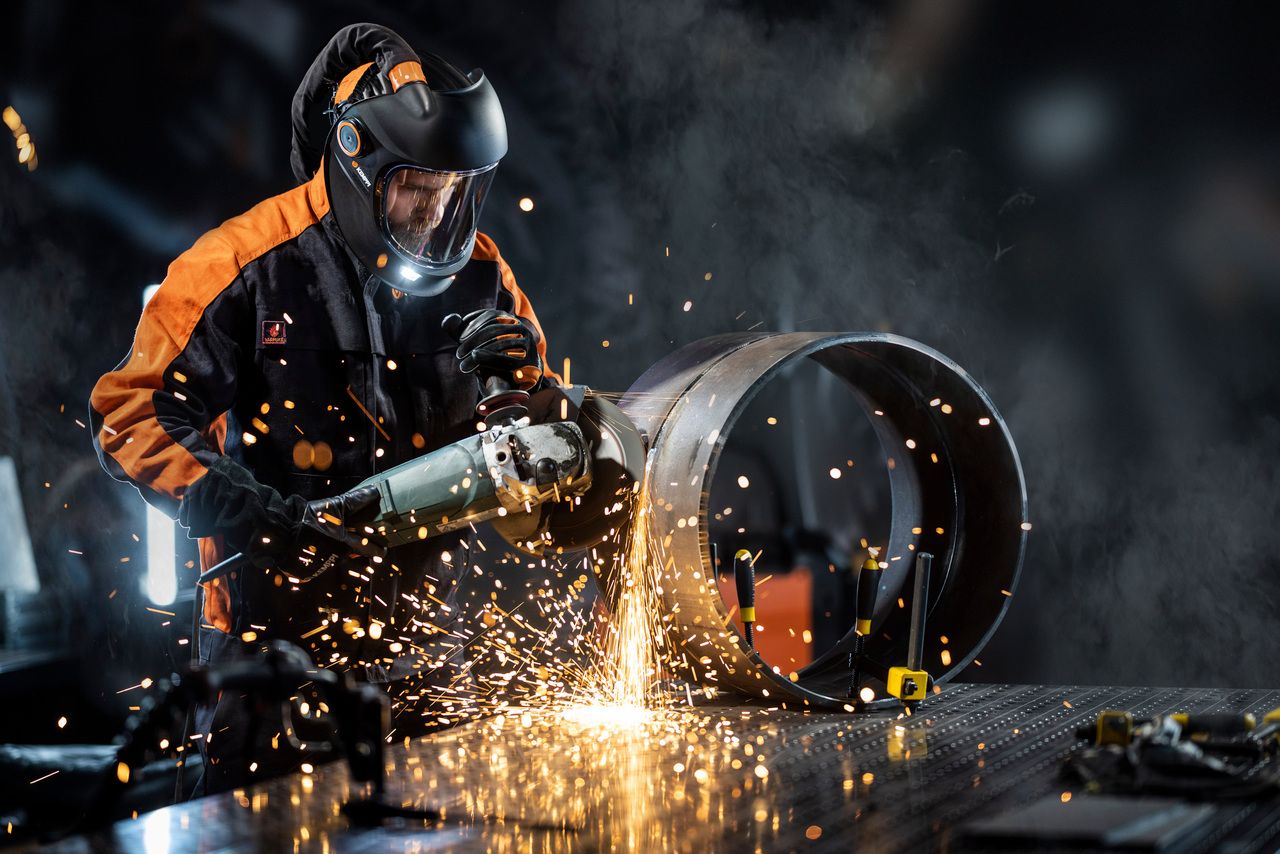
Questions to Consider
Before selecting a pair of mechanic gloves, it’s important to understand the potential hazards in your working environment. We’ve prepared a list of key questions to help you clarify your needs and choose the best gloves for your situation.
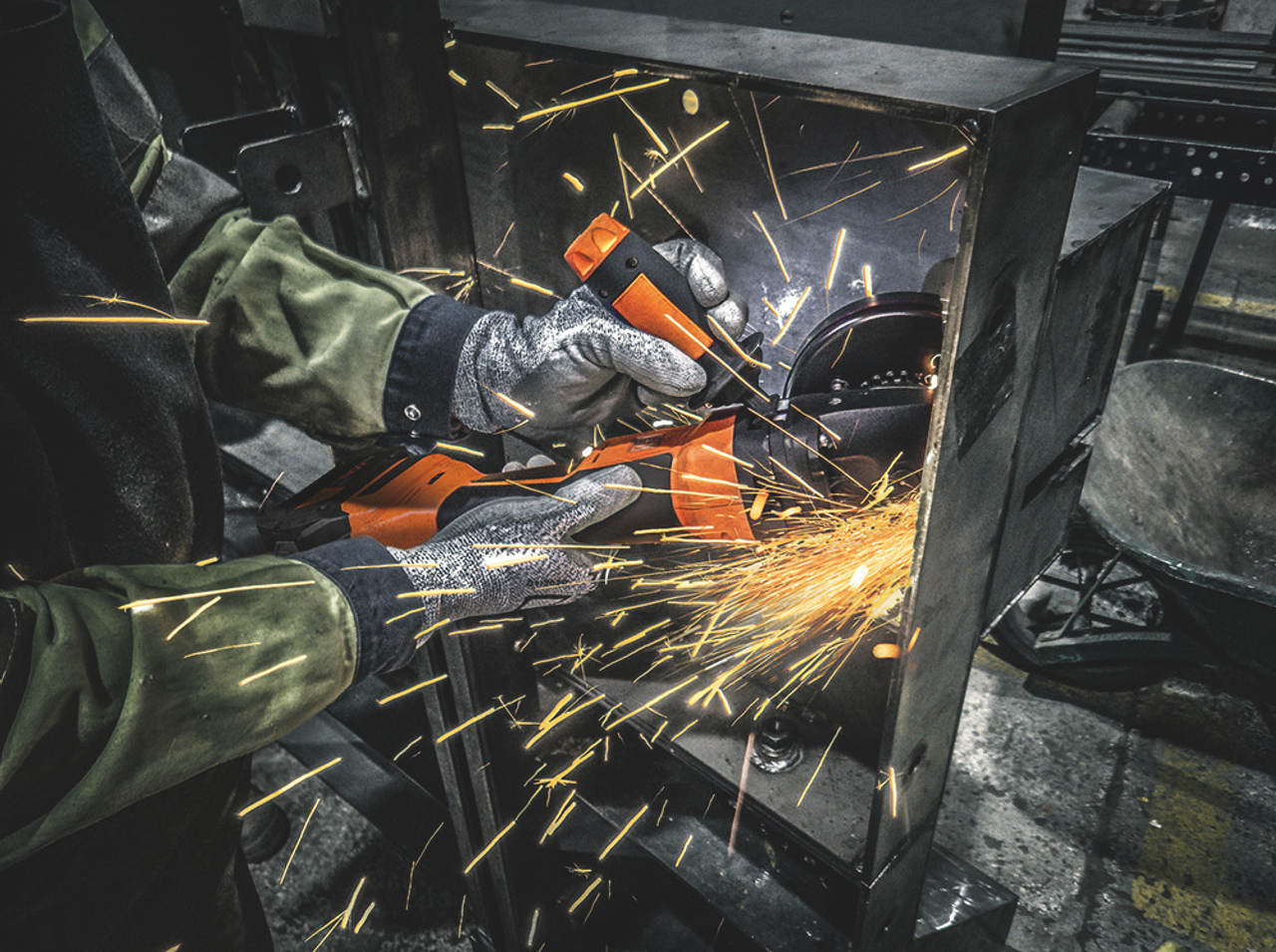
1. What kind of performance do you need in your gloves?
The required performance varies depending on the user. Choosing gloves with the right features ensures smooth operation and prevents unexpected accidents or mistakes, ultimately saving you money and maximizing their effectiveness.
2. Are the gloves comfortable?
Regardless of the type of gloves you choose, comfort should always be a priority. Gloves that are too tight or too loose can cause discomfort and even accidents. A well-fitted and comfortable pair of gloves allows for prolonged use and better focus on work.
Comfortable gloves function like a trusted tool, making tasks more effortless and efficient.
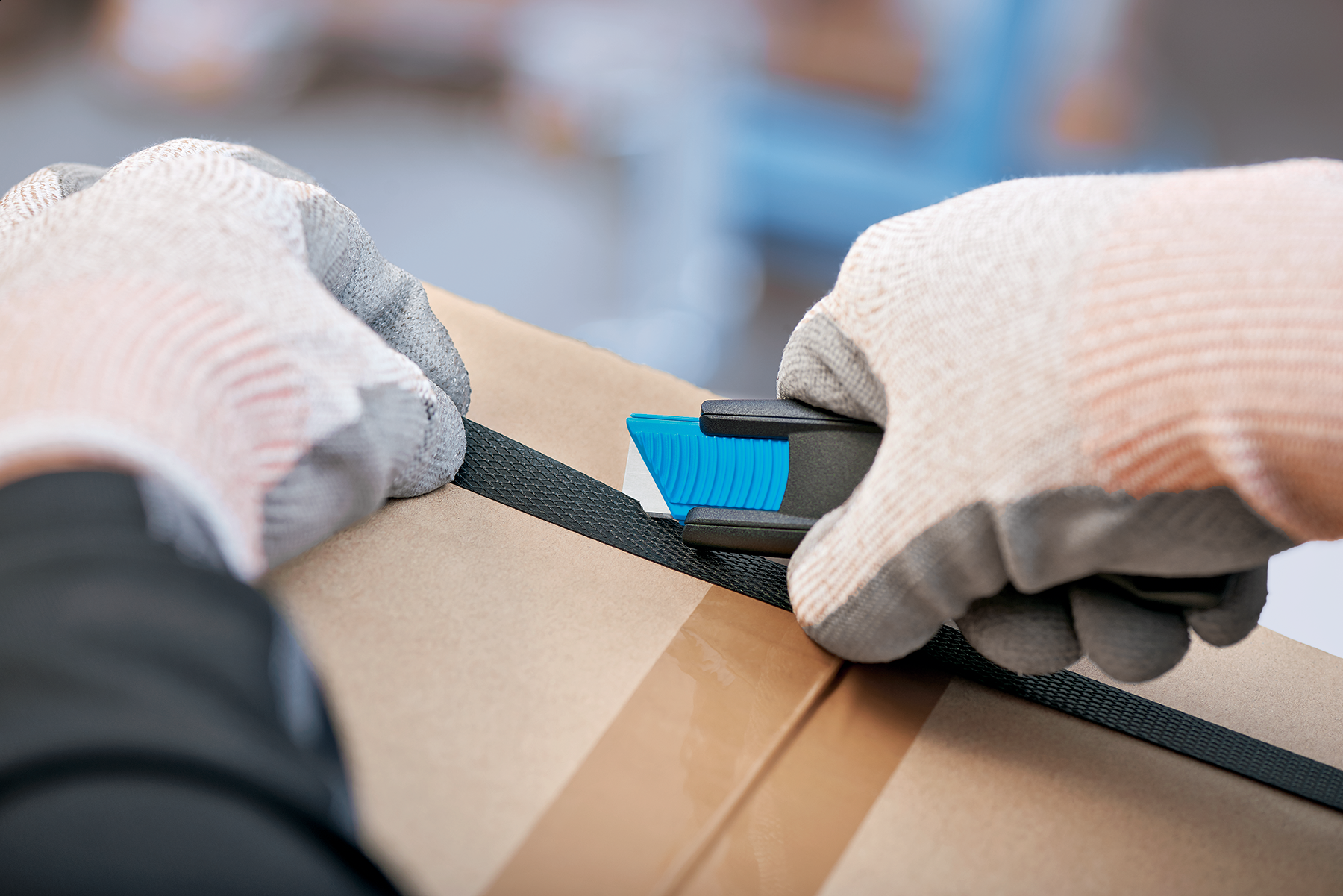
3. Have you checked the gloves’ certifications and standards?
Understanding the basic certifications and standards of gloves is crucial. Some specialized mechanic gloves must comply with international standards to ensure optimal protection and quality.
4. Do the gloves offer additional capabilities?
If a pair of mechanic gloves does not fully meet your needs, consider additional coatings or treatments that can enhance their performance.
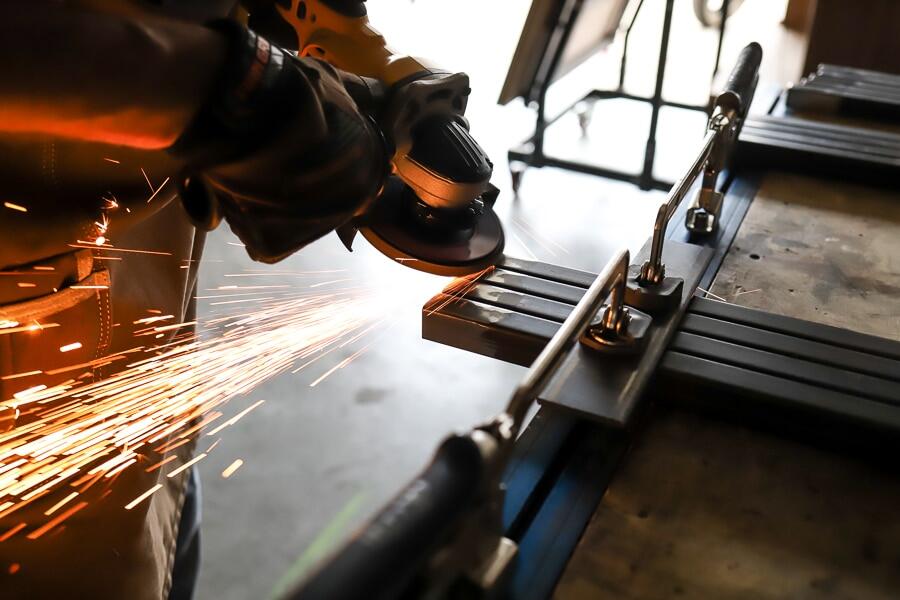
Types of Mechanic Gloves
There are many types of mechanic gloves, each designed for specific tasks and environments. Here are some common types:
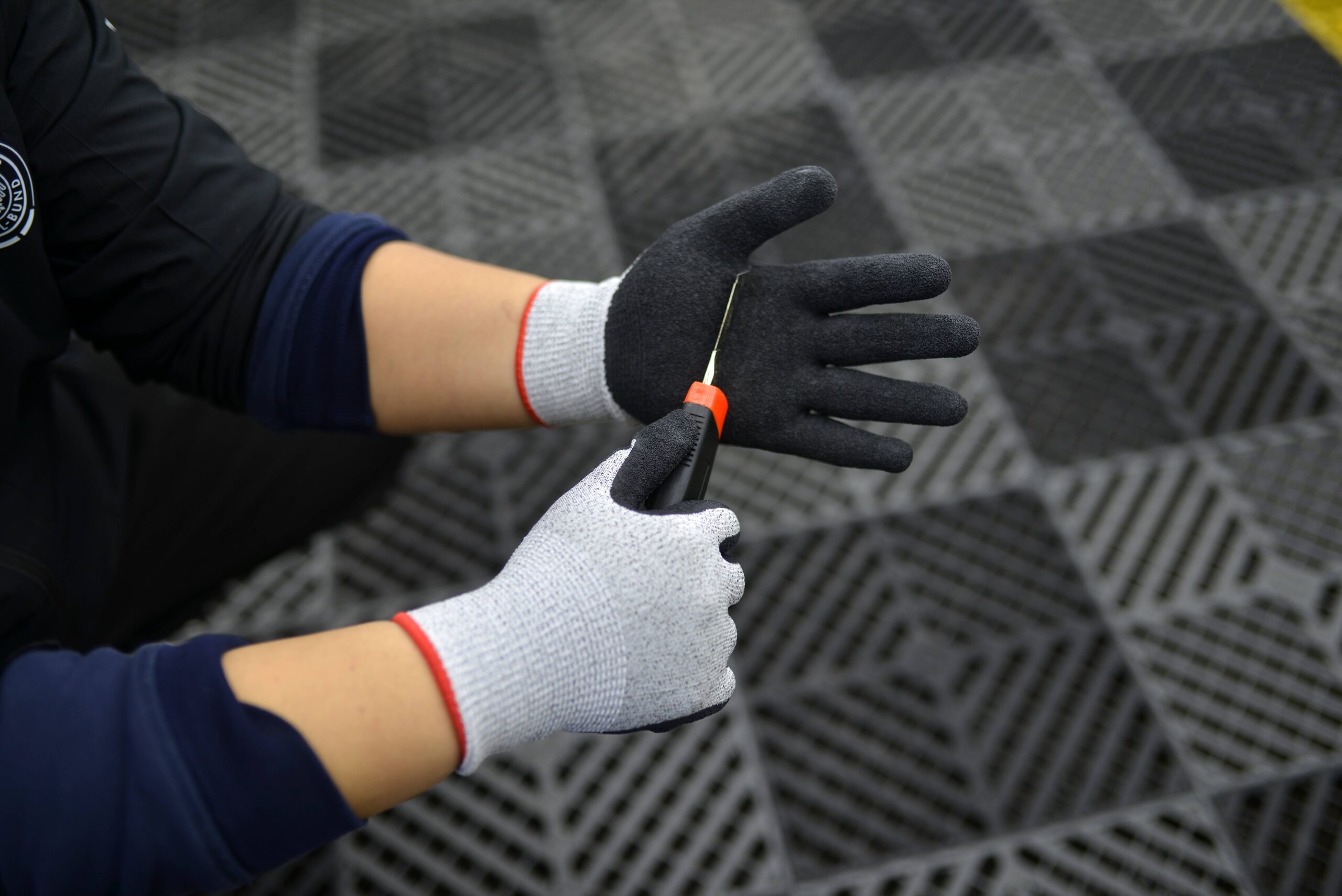
Cut-Resistant Gloves
As the name suggests, these gloves are designed to protect hands from sharp objects. They are usually made from high-strength, cut-resistant materials such as HPPE fibers, Kevlar, stainless steel wire, or fiberglass.
Cut-resistant gloves are classified under international standards, typically graded from A to F (formerly 1 to 5), with higher grades offering greater protection. They are commonly used in meat and fish processing, knife handling, mechanical repairs, and industries involving glass and metal.
Note: Cut-resistant gloves do not guarantee full protection against punctures or extremely sharp objects. Choose gloves based on your specific work environment and risk factors.

Impact-Resistant Gloves
Designed to reduce hand injuries caused by impact, these gloves often feature padded areas in the palm that absorb shocks, such as foam, silicone, or gel. They also use flexible and breathable fabrics, ensuring comfort for extended wear.
These gloves are ideal for high-vibration work environments like construction, mining, oil fields, and mechanical repairs.
Anti-Slip Gloves
These gloves are specifically designed to provide a firm grip in wet conditions or when handling slippery objects. They are typically coated with materials such as nitrile rubber, polyurethane (PU), silicone, or latex to enhance grip performance.
Commonly used in food processing, cold storage work, and electronics manufacturing.

Chemical-Resistant Gloves
These gloves protect hands from harmful chemical exposure and are made from durable materials such as nitrile, PVC, neoprene, or butyl rubber.
Different materials provide varying levels of protection against different chemicals. Always consult the supplier to ensure the gloves meet your specific needs. International standards such as EN388 (European Standard) and ASTM F739 (American Standard) serve as useful references.

Touchscreen-Compatible Mechanic Gloves
These gloves allow you to operate electronic devices while keeping your hands protected. They typically feature conductive fibers at the fingertips or have a conductive coating applied to the fingertips.
These gloves are particularly useful in smart factories and automated work environments.

Price Range of Mechanic Gloves
Mechanic gloves generally fall into three price categories:
Entry-Level Gloves – Affordable and easy to use, ideal for DIY enthusiasts and occasional users.
Mid-Range Gloves – The most popular choice, offering a balance between quality and affordability while providing reliable protection and performance.
High-End Professional Gloves – Designed for professional mechanics, these gloves feature advanced technology and superior comfort, ensuring top-tier protection even in the harshest work conditions.

How to Choose the Right Mechanic Gloves?
1. Performance
First, determine your work environment and assess any potential risks related to mechanical tasks. Choose gloves based on the level of protection required.
2. Size
Measure your palm width and finger length before purchasing gloves. Refer to the size chart provided by the supplier to select the best fit, preventing issues caused by an improper fit.
3. Certifications
Checking certifications ensures that the gloves have been tested by professional organizations. This is especially crucial for specialized mechanic gloves.
4. Price
While price is a factor, quality should be the priority. As the saying goes, “You get what you pay for.” High-quality mechanic gloves are made from premium materials, which naturally results in higher costs.

Conclusion
Mechanic gloves are an essential part of your work gear! The more protection your hands receive, the better you’ll perform on the job. We hope this guide helps you make an informed and confident decision when selecting the best mechanic gloves for your needs!
If you are interested in mechanic gloves, please contact us as soon as possible. Aibon will answer all your questions.
How to Measure Glove Sizes – Source: AIBON
Latex gloves– Source: AIBON
Safety gloves– Source: AIBON
Working gloves– Source: AIBON


